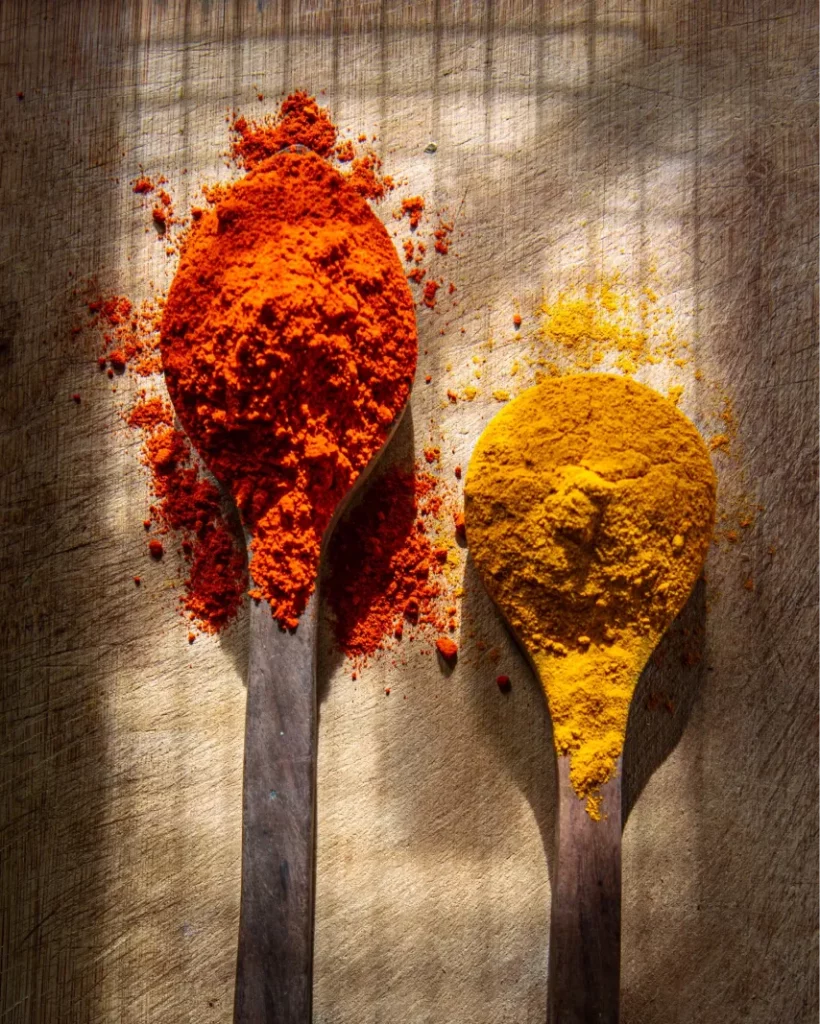Ayurveda is an ancient healthcare system practiced in India since Vedic era. At its core, Ayurveda advocates for a harmonious existence, aligning body and mind with the rhythms of nature. Kerala, in particular, has a deep history with Ayurveda. This verdant land, blessed with abundant rainfall and a lush terrain, is a treasure trove of flora and herbs integral to Ayurvedic therapies. Ayurveda’s approach to healthcare resonates seamlessly with the cultural ethos of Kerala, which places importance on a holistic and balanced way of living. This congruence of philosophies extends to the age-old Karkkidakam traditions and rituals, reinforcing the timeless wisdom that underscores both Ayurveda and Kerala’s cultural heritage.
Dinacharya (daily routine) and Ritucharya (seasonal routine) are two fundamental practices under Ayurveda for leading a balanced life. Dinacharya is about aligning our daily activities with the natural rhythms of the day, which helps balance the doshas and promote optimal health. Ritucharya recognizes that each season has a different impact on the doshas, and by making appropriate adjustments in diet, lifestyle, and activities, we can help maintain balance and prevent imbalances associated with seasonal changes. In our previous post in this series “Karkkidakam traditions and rituals of Kerala” , https://smithasuraj.com/karkkidakam we explored a few of the Karkkidakam traditions and rituals, mainly the spiritual ones. Now, let’s delve into the ritucharya of Karkkidakam.
Sukhachikitsa: This significant ritucharya during Karkkidakam involves a series of Ayurvedic treatments such as panchakarma, abhyanga, swedana, and more. These treatments are performed under the guidance of Ayurvedic practitioners and are aimed at detoxifying and rejuvenating the body and spirit. Alongside these therapies, there is a specific vegetarian dietary regimen.
A notable tradition during this month is the consumption of Karkkidaka kanji, a distinctive rice porridge renowned for its immune-boosting properties, crafted from medicinal plants and Njavara ari rice. For a detailed account of Karkkidaka kanji, you can refer to this link. Another intriguing delicacy relished during this season is Pathila thoran. This dish is prepared from the tender leaves of ten nutrient-rich plants. If you’re keen on trying your hand at the recipe, you can find it here. A curious thing with this ritual is that you should not utter the names of these plants while cooking or eating them.
During Karkkidakam in Kerala, relentless and heavy rains envelop the landscape in dark, brooding clouds. In such an atmosphere, cleanliness and preventive medicine become paramount. The rituals during this time immerse us in the therapeutic essence of the surrounding plants. Medicated oils are employed for bathing, and a diet of easily digestible and pure food is favored. Dhoop is used for cleansing the air and the hair, and the devout engage in prayers.
The Karkkidakam traditions and rituals commence with the gathering of ten special medicinal plants known as Dasapushpam from the garden. These plants hold significant therapeutic value. Women adorn themselves with these plants, wearing them in their hair. Additionally, they decorate their foreheads with Mukkutti chanthu, a paste made from the crushed Mukkutti plant (Biophytum sensitivum), renowned for its immune-boosting properties; their eyes are lined with kajal crafted from Kayyunyam (Eclipta Alba) and Poovamkurunnila (Cyanthillium cinereum), and the palms and feet receive an application of mylanchi or henna (Lawsonia inermis). Massages are performed using medicated oils, and for hair cleansing, only natural cleansers like chemparathi thaali or Thiruthali thaali, cleansers made from crushed leaves, are used.

Here’s a simple recipe for Murukkiya Enna, a medicated hair oil. Crush 1-2 irattimadhuram (licorice) pieces, and a spoonful of karimjeerakam (kalonji) . Mix with half a litre of coconut oil. Heat the concoction till it stops bubbling. Do not overheat. Cool and store in glass bottles. This is an everyday hair oil.
Aanakkambam: Malayalis share a special bond with elephants, or “Aana” in our language. This connection is so deep that we’ve a term for it – “Aanakkambam,” expressing a profound fascination for these magnificent creatures. Our poetry, novels, and films celebrate them, and these gentle giants have a strong hold on our collective psyche. In the month of Karkkidakam, elephants are given a unique month-long spa treatment. This includes early morning baths using special herbal pastes, herbal beverages, and a carefully designed diet. One of the noteworthy events for the pachyderms is the grand ‘Aanayoottu’ feast, hosted at Thrissur Vadakkumnatha temple. This feast is exclusively crafted for these magnificent creatures, following the principles of Ayurveda.
Elephants hold a profound place in Kerala’s culture. Our festivals simply wouldn’t be complete without their majestic presence. The awe-inspiring display of ‘Kudamaattam’ between Paramekkavu and Thiruvambady temples during Thrissur Pooram is an event that everyone should experience at least once in their lifetime. Notably, our state’s official emblem proudly showcases two elephants, a testament to the significance of these magnificent creatures in our heritage and identity.
Stay tuned for more on the unique Karkkidakam traditions and rituals of Kerala in the upcoming posts.
Love
Smitha
Links to the posts on Karkkidakam traditions and rituals of Kerala.
- The first post : Karkkidakam traditions and rituals of Kerala https://smithasuraj.com/karkkidakam
- The second post : Ritucharya in Karkkidakam : Karkkidakam traditions and rituals of Kerala (Part II) https://smithasuraj.com/karkkidakam-2

Pingback: Karkkidakam Traditions and Rituals of Kerala – Smitha Suraj